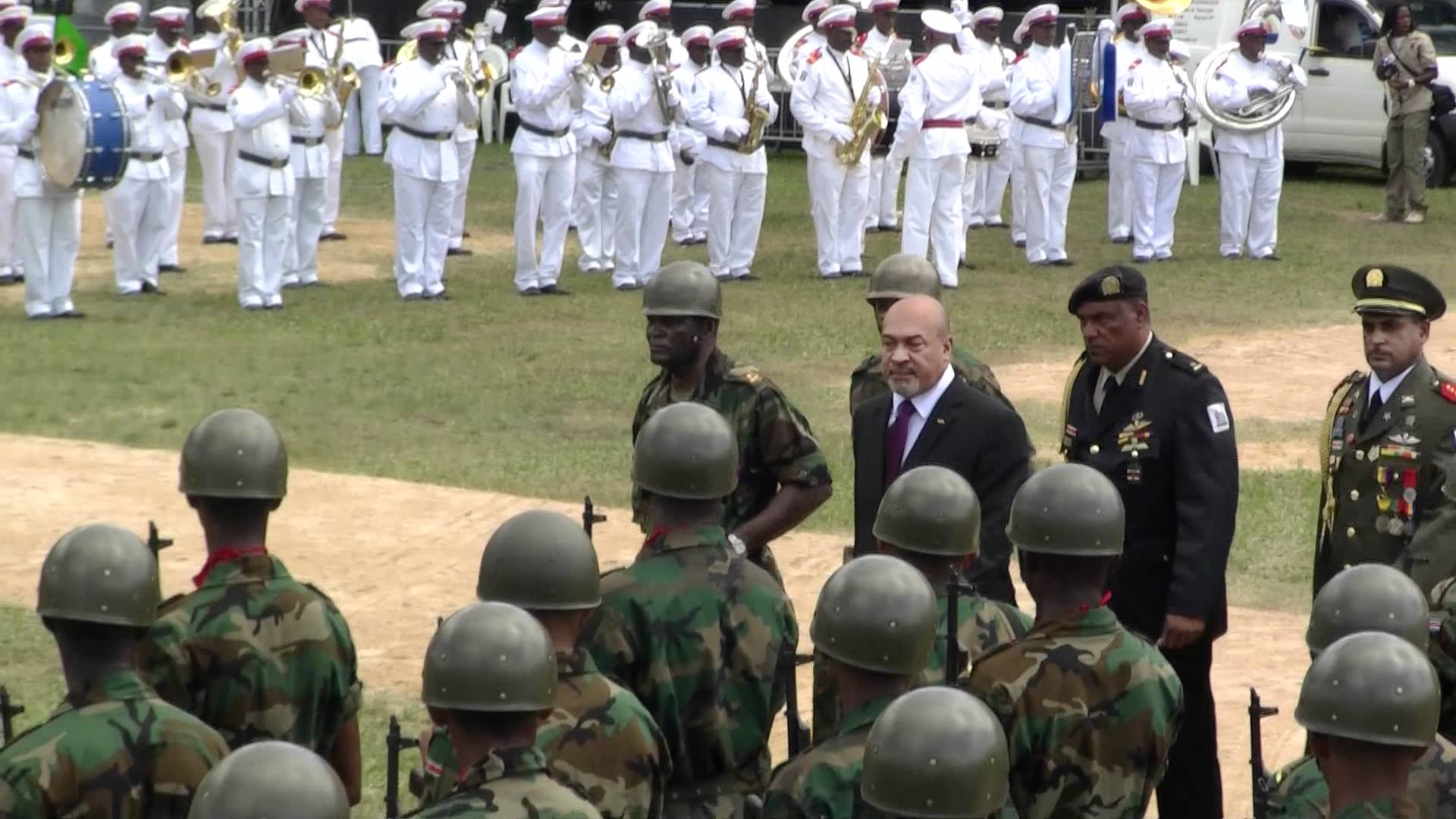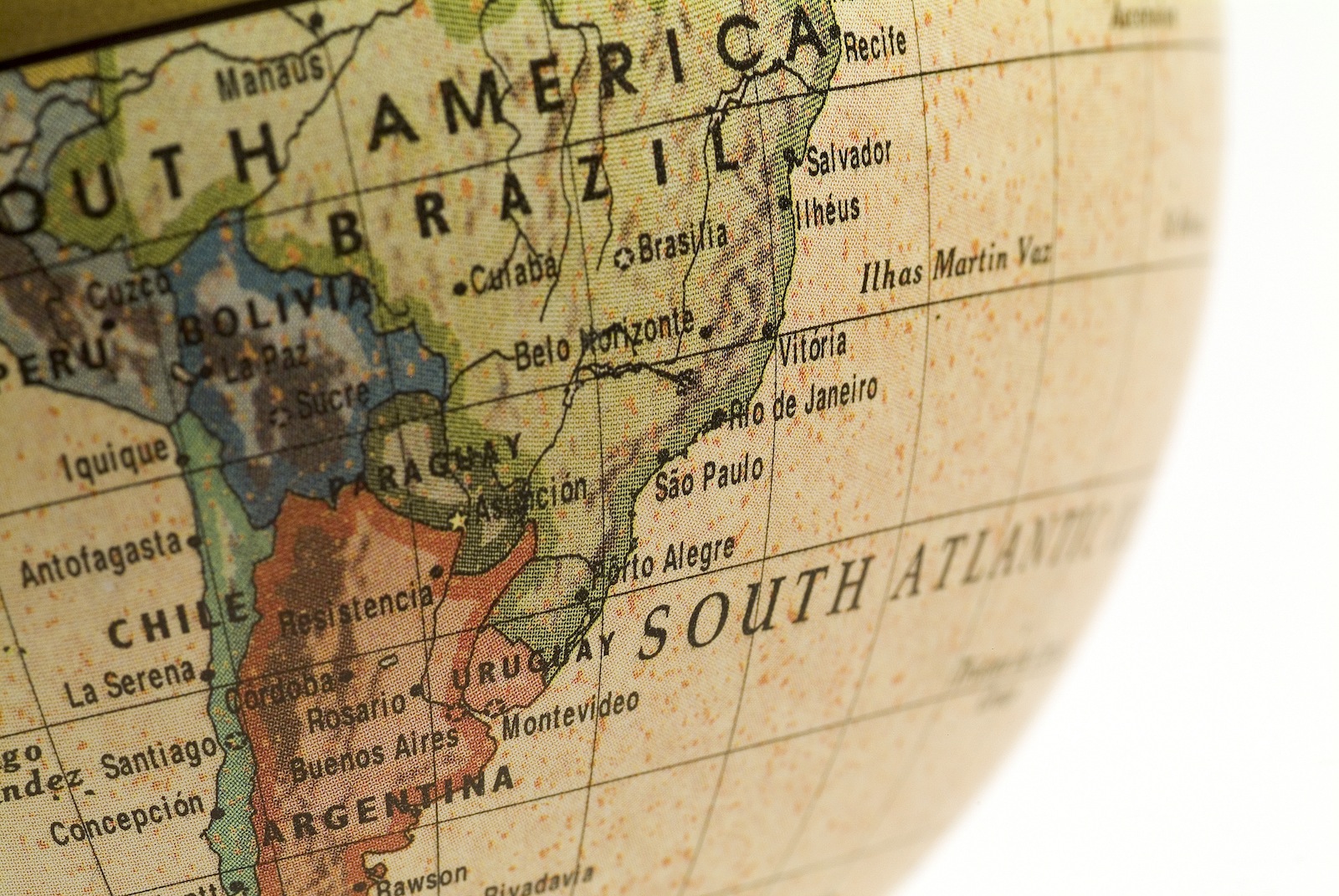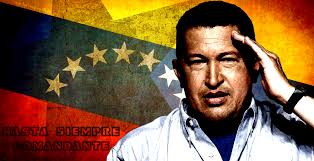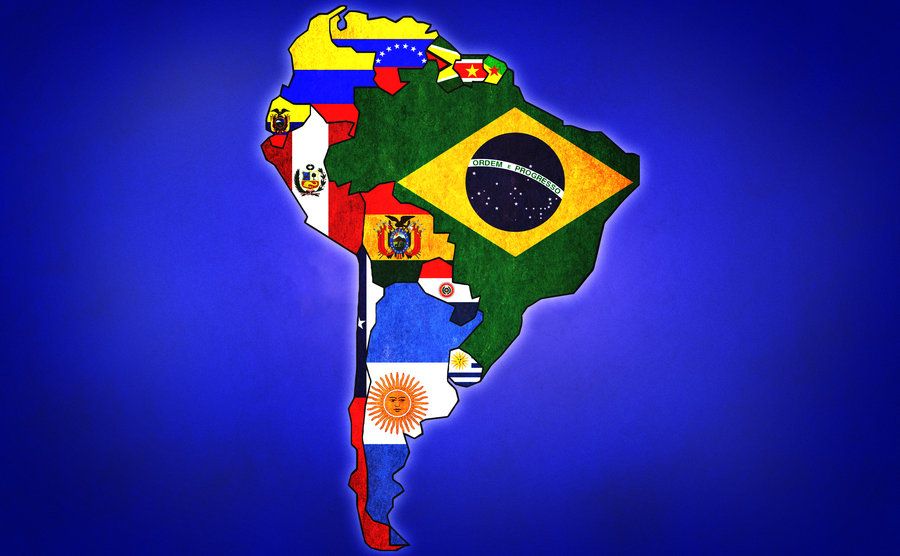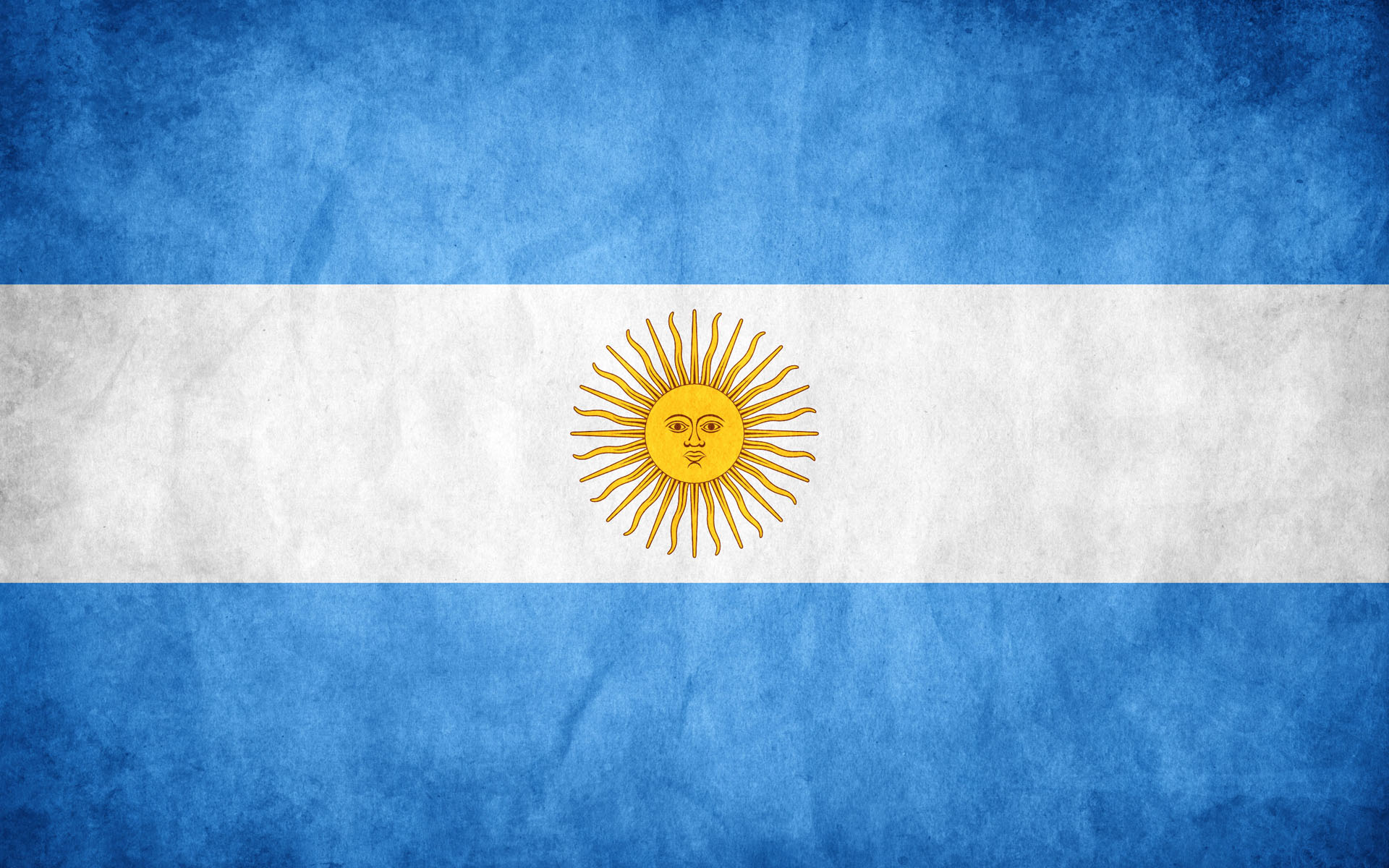Suriname is a small country on the northeastern coast of South America. It’s defined by vast swaths of tropical rainforest, Dutch colonial-era architecture and a melting-pot culture
According to preliminary results, the National Democratic Party won on the 25th of May, the absolute majority in the Surinamese parliament, with 27 of 51 seats in contention. the dictator presiding former Dutch colony should be re-elected without difficulty to a second term by the new Parliament.
On October 13, 2015 Desi Delano Bouterse President will celebrate its 70 years, a few months after the elections in Suriname, which took place on May 25 The National Assembly will renew its 51 seats [according to preliminary results, the party won 27 seats] and will elect the President of the Republic in July or August. The Megacombinatie, Bouterse coalition [led by his National Democratic Party (NDP)], is likely to win, and his second term as president seems guaranteed.
In legal terms, it has not to worry. His conviction for drug trafficking will soon be prescribed. The Arms trafficking which he is suspected was never really proven. For the massacres in December 1982, he cannot be judged because of the amnesty law of 2012 and its presidential immunity.
Finally, the case of the slaughter of Moiwana [39 innocent civilians killed by troops of Bouterse] in 1986 during the civil war, has not been fully elucidated. It alone can put a spoke in the wheels is Chandrikapersad Santokhi, the former police chief and former Minister of Justice. He leads V7, a coalition of traditional parties and factions. Bouterse adopts towards Santokhi condescending and sometimes threatening attitude. And when the president makes playing air I Shot the Sheriff at a gathering, everyone knows who the referred “Sheriff” is the nickname of Santokhi.
A friendly dictator
Nina Jurna was RTL’s correspondent in Paramaribo [the capital of Suriname] for ten years. She had extensive talks with Bouterse in 2005 in his property in the south of the country, Broko Braka. As the subtitle of his book, Desi Bouterse is “a Surinamese reality”: we can fight it, but we can never get rid of.
According to Nina Jurna five factors explain this reality: Bouterse, himself Indian and Creole, is one of the few people able to overcome ethnic divisions among Javanese, Indians, Creoles and natives. The NDP and Megacombinatie, with whom he won the parliamentary and presidential elections in 2010 are genuine multicultural parties. Moreover, Bouterse has no equal playing on populist tendencies Surinamese, and arms of honor towards the Netherlands [former colonizer] make it always score points.
In addition, Bouterse knows the poor neighborhoods of Paramaribo and remote areas of Suriname better than other politicians. Finally, any election rally or gathering on the lawn in front of his headquarters is a party where there is enough food and drink, with music and dance. Bouterse is a friendly dictator uncle that everybody would like to have. If he had not been in politics, he would have pierced as a humorist, according to Nina Jurna. Certainly it has committed atrocities. Journalist juxtaposes these crimes and the continuing popularity of Bouterse, but does not explain how these two realities are able to coexist.
“A missed opportunity”
“Behind all his friendliness, Suriname is a hard society where it’s every man for himself. There is no common idea for the future of the country. “Says the young historian Pepijn Reeser. He adds that Bouterse is both a product of colonialism – which explains his aversion to the Netherlands but also for corrupt politicians Surinamese – and “a missed opportunity”. He was a charismatic young and vigorous man who could have changed the Suriname sustainably after his coup of 25 February 1980. But he descended into violence and nepotism.
In the book, Pepijn Reeser analyzes the roles that Bouterse endorsed, the revolutionary dictator, the sponsor of the opportunist and commander of the accused to the statesman. Bouterse was an idealist who wanted to move towards national unity of his country and to end two evils Suriname: ethnic partition and corruption. More than twenty-five years later, the first has diminished, but not the second. Pepijn Reeser also discusses the strange period of the 1990s, where Bouterse, who was raised in the Catholic tradition, has suddenly taken a great religious fervor. Historians think he was not quite believe.
At the time, Bouterse was under the influence of the Protestant pastor of an evangelical commune, Steve Meye, which played a role in the election of his protege in 1996 [unsuccessfully]. Three years later, Bouterse has confessed his sins during a mass rally of the Church and from that day he preaches reconciliation. This did not last very long. Bouterse lose the sense of proportion when in 1999, a Good Friday, the president of Suriname Jules Wijdenbosch revokes his position as state councilor. Bouterse feels “crucified”. In November of the same year, evangelical chain portrays the new believer, who calls himself “master” by the Surinamese. “But who is the master of Bouterse?” Asked the presenter. “My younger daughter: I can not refuse him anything,” jokes Bouterse. “But I mean religiously,” insisted the presenter. Bouterse resumed his seriousness, “Oh, that’s what you mean. Seen like that, my master is God, of course.

